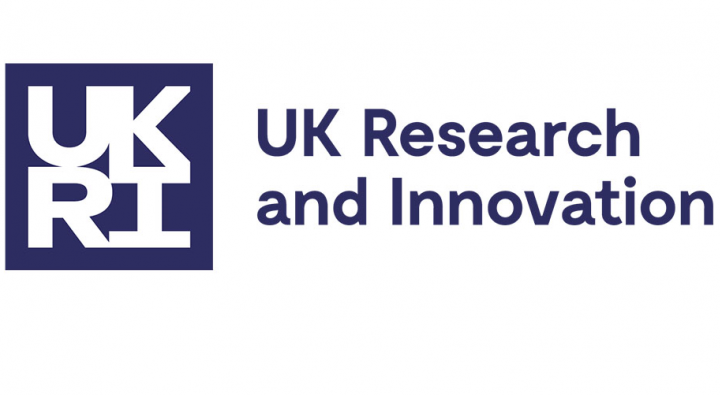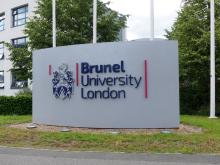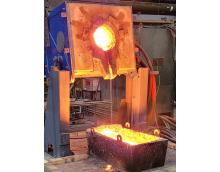
UCL is one of five UK research centres that are to benefit from £22.5m in government funding announced in late 2020 to reduce waste and boost recycling in the construction sector in addition to textiles, electronics, metals and chemicals.
The Interdisciplinary Circular Economy Centre for Mineral-based Construction Materials (ICEC-MCM), led by UCL, will explore how better design and manufacturing of products and structures made from mineral materials can help in developing the more efficient use and recovery of mineral materials such as cement and brick.
The Institute of Materials, Minerals and Mining (IOM3) says that the project will reduce UK minerals extraction by more than half a million tonnes per day and stop the generation of 154 million tonnes of mineral waste each year.
In addition to ICEC-MCM, four other Interdisciplinary Circular Economy Centres will also explore how the reuse of waste materials in the metal, textiles, chemicals, transport and electronics industries can protect the environment and boost the economy.
They are funded by UK Research and Innovation (UKRI) through the Strategic Priorities fund. In addition to the UKRI investment, £11.2m of funding and in-kind support is being provided by partners.
The Interdisciplinary Centre for Circular Metals, led by Brunel University London, aims to make the UK the first country to fully circulate metals by 2050. While the UK imports almost all metals, the centre will look at how metals can be recycled for use in sectors such as aerospace, automotive and electronics
The Interdisciplinary Centre for Circular Chemical Economy, led by Loughborough University, aims to reduce the fossil reliance of the chemical industry by creating and implementing methods to recover and reuse olefins from end-of-life products and CO2 emissions.
The Interdisciplinary Circular Economy Centre in Technology Metals, led by the University of Exeter, will explore how to create a circular economy for the technology metals such as cobalt, rare earths and lithium. The centre aims to develop a new cycle, right from extraction, to enable secure and environmentally-acceptable circulation of these crucial materials.
The Interdisciplinary Textiles Circularity Centre, led by the Royal College of Art, will lead research to turn post-consumer textiles, crop residues and household waste into renewable materials for use in textiles, developing new supply chains from waste management and farming through to textile production and design, and consumer experience.







